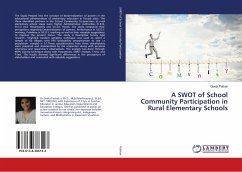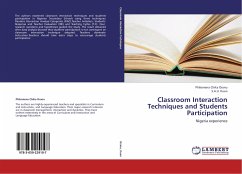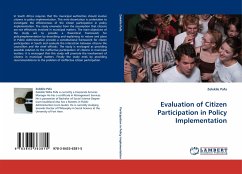This book is based on an extensive study that examines the role of school boards and the management of community junior secondary schools in Botswana. The Botswana government entered into a partnership venture with respective communities in their drive to achieve the goal of the universalisation of a ten year basic education programme. The study reveals that whilst the intentions were noble, the programme had many weaknesses. Most notably, the concept of community was not clearly defined. Once the schools were built (via World Bank funding) the communities were not able to meet their side of the bargain, for example, they were unable to build the required number of staff houses, school halls and kitchens. The boards too, were rife with problems. They did not have the right calibre of members and they were not committed to raise funds nor were they too involved with the schools. In the end, what started off to be a partnership ended up as a one-sided government project. On the positive side the boards are a good example of a decentralized mechanism that can link schools with their communities and the government or other stake holders.
Bitte wählen Sie Ihr Anliegen aus.
Rechnungen
Retourenschein anfordern
Bestellstatus
Storno








